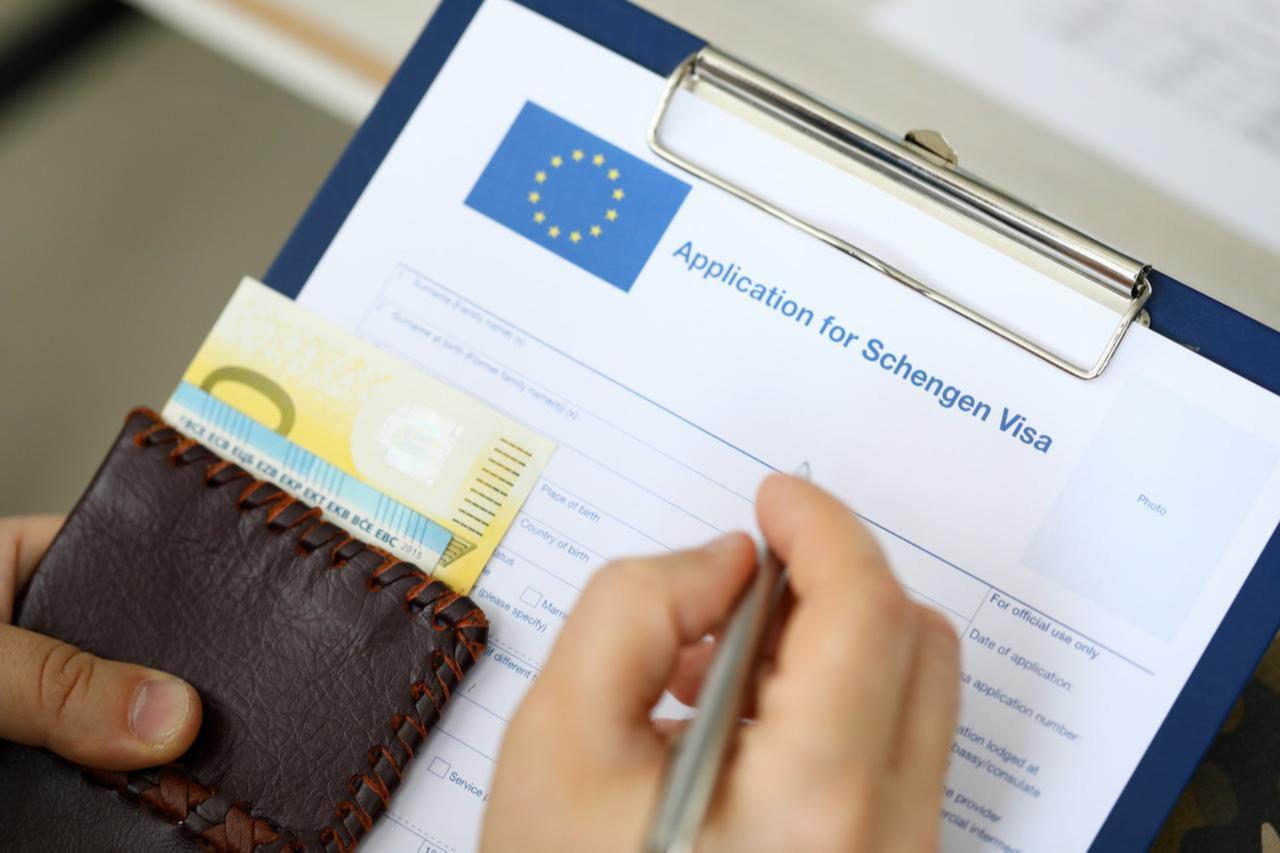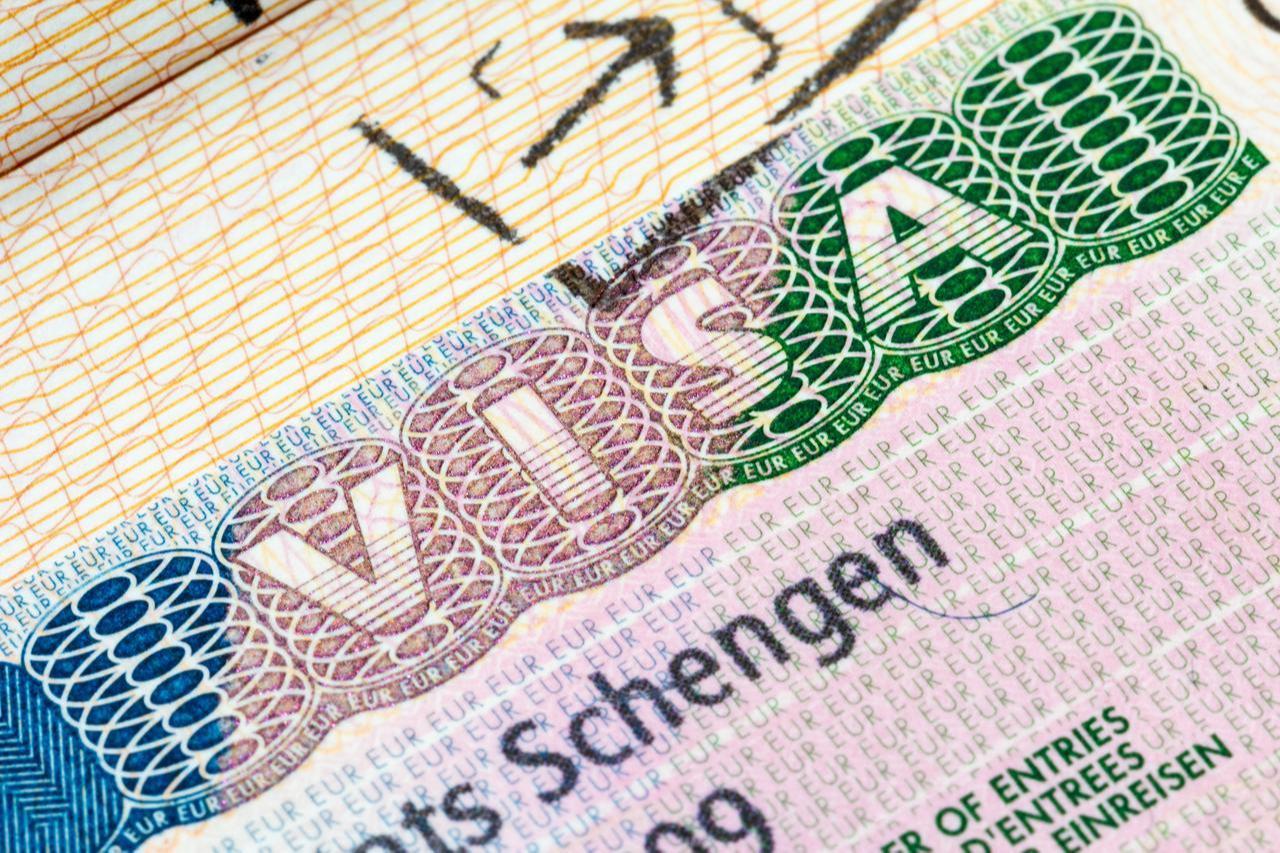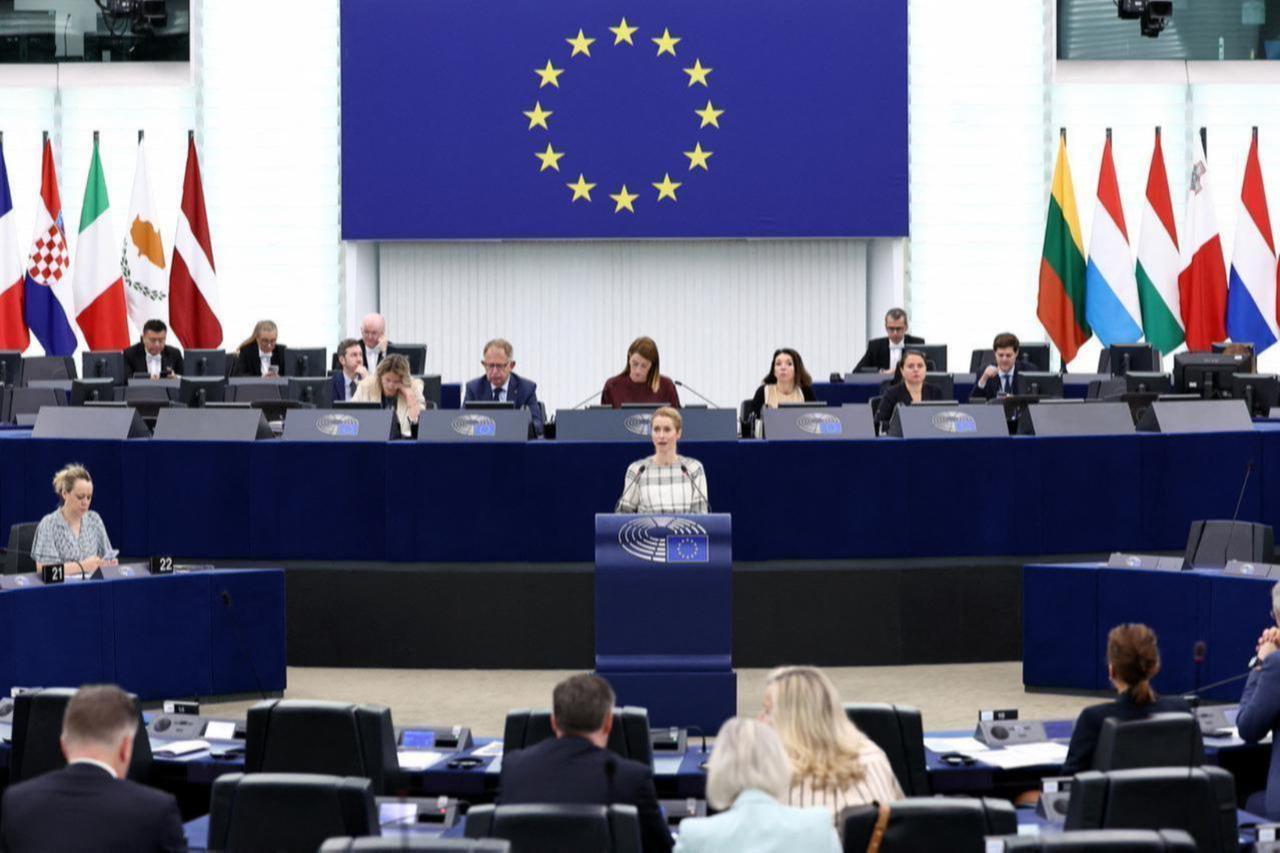
The European Union has overhauled its visa suspension mechanism, giving the bloc broader authority to revoke short-stay travel privileges for citizens of non-EU countries and lowering the bar for triggering such action.
The European Council approved the changes on November 17, finalizing reforms that expand the grounds on which visa-free access can be withdrawn, reduce the thresholds required to activate the mechanism and extend the period during which suspensions can remain in force. The updated regulation applies to all 61 countries whose nationals currently enter the Schengen area without a visa for stays of up to 90 days within any 180-day period.
The measures reflect growing unease among EU institutions over irregular migration, security threats linked to investor citizenship programs and deteriorating human rights conditions in some partner countries. According to the Council, the changes will allow the EU to respond "quicker and more vigorously" when visa-free arrangements are abused or work against the bloc's interests. The regulation will take effect 20 days after publication in the EU's Official Journal.

Under the revised framework, the EU may now suspend visa-free travel if a third country's human rights record deteriorates significantly, if bilateral relations break down or if the country fails to maintain alignment with EU visa policy. The latter provision targets situations where visa-free neighbors admit nationals from countries that require Schengen visas, creating what officials describe as potential backdoor entry routes into the bloc.
Another key addition addresses investor citizenship schemes, often called golden passport programs, which allow foreign nationals to acquire citizenship through financial investment without establishing genuine ties to the issuing country. The EU views such arrangements as security risks because they enable individuals to gain visa-free access to the Schengen area through low-threshold investment channels.
The mechanism previously focused primarily on migration indicators such as increases in asylum claims, overstays and refused entries. Council representatives said the reform closes gaps that prevented the EU from addressing non-migration risks affecting Schengen security.

The amendments reduce the threshold for triggering the mechanism from a 50 percent rise in problem indicators to 30 percent. This means the EU can act more quickly when overstays, asylum applications, refused entries or serious criminal offences increase substantially compared with earlier periods.
Initial suspensions may now last up to 12 months, compared with nine months under previous rules, and can be followed by a 24-month extension rather than the earlier 18-month limit. These expanded timelines are intended to give the EU and affected countries more time to resolve underlying issues before permanent revocation of visa-free status is considered.
The updated rules also introduce targeted restrictions during the extended suspension phase. Rather than automatically reimposing visa requirements on an entire population, the EU may choose to limit travel only for specific groups such as government officials, diplomats or individuals linked to the policies causing concern. The Council said this approach would avoid disproportionate effects on ordinary citizens while preserving security interests.
The mechanism formally applies equally to all visa-free countries, but EU monitoring reports indicate several states face heightened scrutiny. Georgia was singled out in the Commission's most recent assessment as requiring urgent action to avoid possible activation of the mechanism, particularly regarding fundamental rights protection, visa policy alignment and unfounded asylum claims.
Western Balkan countries including Albania, Bosnia and Herzegovina, Montenegro, North Macedonia and Serbia have been repeatedly urged to remove visa waivers for third-country nationals viewed as posing migration or security risks. Eastern Caribbean nations operating investor citizenship programs—Antigua and Barbuda, Dominica, Grenada, Saint Kitts and Nevis, and Saint Lucia—have also drawn Commission attention.
The visa suspension mechanism, established in 2013, has been activated only once under previous rules. In 2024, the EU fully revoked Vanuatu's visa exemption after concluding that its golden passport program created unacceptable security and migration risks—the only complete termination of a visa-free regime to date.
The reforms do not immediately alter visa requirements for any country but significantly increase the EU's flexibility in responding to emerging concerns. Travelers from countries currently enjoying visa-free access face greater uncertainty if their governments fail to meet EU standards on migration management, human rights or security cooperation.
For the travel industry, the changes introduce operational complications. Airlines and tour operators serving visa-free markets may need to adjust passenger information systems more frequently if the EU activates new suspensions. Companies operating in countries with active investor citizenship schemes or diverging visa policies could be among the first affected.
Governments of visa-free countries now face heightened expectations to maintain close alignment with EU standards. National ministers can request that the Commission examine specific cases, and the lower statistical thresholds make it easier to justify action when migration or security indicators worsen. For candidate and neighborhood countries, preserving visa-free access has become a tangible symbol of proximity to the EU, adding domestic political pressure to meet Brussels' requirements.
The Commission will monitor indicators across all visa-free countries and report regularly on developments that could justify activating the revised mechanism. As the new rules take effect, both travelers and industry operators will need to watch for emerging strains in EU relations with third countries that could lead to sudden changes in visa-free access.